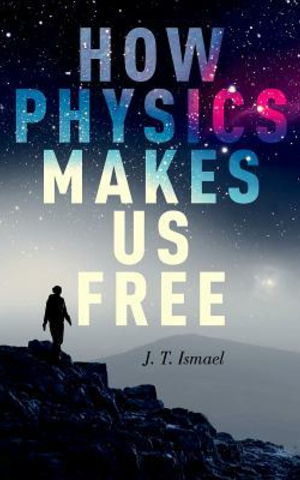
How Physics Makes Us Free
- Book
- Mar 3, 2016
- #Philosophy #Physics
In 1687 Isaac Newton ushered in a new scientific era in which laws of nature could be used to predict the movements of matter with almost perfect precision. Newton's physics also po...
Show More
Number of Pages: 288
ISBN: 0190269448
ISBN-13: 9780190269449
Mentions
See All
Phil Treagus-Evans @philtreagus
·
Feb 4, 2018
- Curated in THE BEST MODERN PHILOSOPHY BOOKS
Modern science threatens human freedom. If everything is determined, how are we in control of our actions? (And if our actions result from quantum indeterminacy, is that any better?) I wouldn’t have believed that there’s anything new to say about this old chestnut, but Ismael has managed it. She doesn’t deny modern science but instead shows us how to understand it better. By appealing to contemporary theories of causation, she puts determinism in its place and shows how human agents can be real masters of their own destinies.